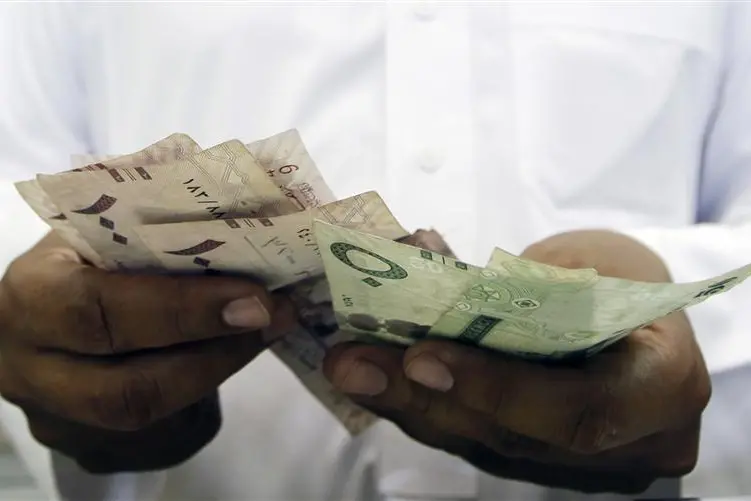PHOTO
In a televised interview on Bloomberg TV, which was published by Al-Madinah daily, Economics and Planning Minister Muhammad Al-Tuwaijri said a constructive dialogue with the private sector had been initiated to discuss the current reforms. He noted that the government is open to reconsidering some of the dependents fees and taxes and that a study is being conducted for this purpose.
No decision has been made so far about this issue, according to Al-Tuwaijri, who also said that progress has been made regarding the privatization issue, which was put on hold for a while in the past. Four projects were introduced as privatization opportunities in the energy, water treatment and healthcare sectors. He said the privatization plan for the electricity sector has seen remarkable progress. The privatization program is one of the foundations bolstering the national economy as the program targets at least SR40 billion in two years.
The Week UK newspaper said that the National Industrial Development and Logistics Program, launched by the Kingdom, aims to reduce dependency on oil while the Bloomberg Agency said oil will contribute 68 percent to the GDP in 2019 and is expected to reach three trillion dollars.
DailyStar newspaper said the national industry development plan seeks to attract domestic and overseas investments, describing the program as ambitious and saying that it will strengthen the national economy and reduce oil dependency until 2030. The daily also talked about the agreements that were signed and announced in the presence of Crown Prince Muhammad when the program was launched. It said that the statements made by Khalid Al-Falih, Minister of Energy, Industry and Mineral Resources, stressed the importance of injecting more investments in the industrial sector in order to link the energy, mining and services together, and highlighted the development being witnessed in the military industries.
The Economic Times focused on the many benefits and facilities offered by the Kingdom in order to attract investors. It said the program is in line with the Crown Prince’s vision, which he announced in 2016 and which aims to reduce oil dependency and support employment plans and non-oil exports.
Undoubtedly, the constructive dialogue with the private sector, which Al-Tuwaijri talked about, and the progress in privatization and everything the global press published about the industrial development and the interest of local and overseas investors indicates that a promising future awaits the Kingdom after the objectives of Vision 2030 are realized. The Kingdom will achieve what many countries lacking natural resources and depending on industries have achieved. These countries are today at the forefront of economic development despite their shortage of natural resources.
The statements made by the Economics and Development Minister regarding the government’s openness to reconsidering some of the taxes and fees on the dependents of expatriates should be hailed and welcomed despite the fact that no decision has yet been made. Several ministers, including finance and commerce, have confirmed that a study is being conducted. I hope that whoever is responsible for the study will think seriously and deeply about the negative impact of these fees and the massive damage that the private sector, particularly SMEs, has incurred because of them.
We should cast away negative stereotypes about expatriate workers and should remember that the giant projects, which the ministers have mentioned, will require workers. We all know that Saudi workers are not sufficient in number and that we will still need foreign labor. But fees on the dependents of expatriates will discourage foreign workers from coming to the Kingdom; those workers will only come if there are attractive benefits and incentives.
Anyone who accuses expatriate workers of stealing our jobs and taking advantage of our economy and transferring their money overseas should stop such accusations. Those workers come to our country based on employment contracts and have every right to transfer their money overseas to help their families and to save money for themselves when they return to their homes.
Dr. Ali Al-Ghamdi is a former Saudi diplomat who specializes in Southeast Asian affairs. He can be reached at algham@hotmail.com
© Copyright 2019 The Saudi Gazette. All Rights Reserved. Provided by SyndiGate Media Inc. (Syndigate.info).





















